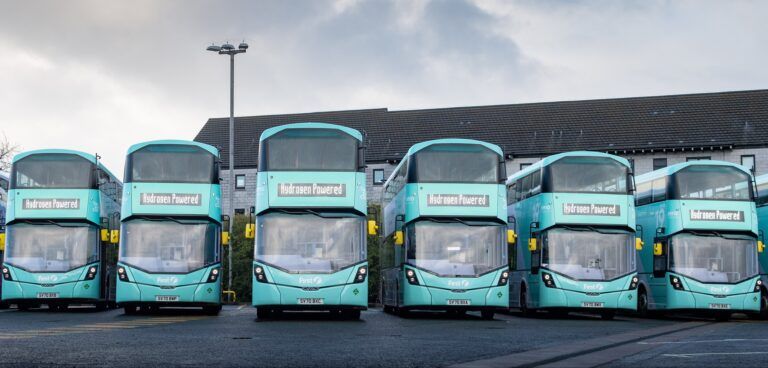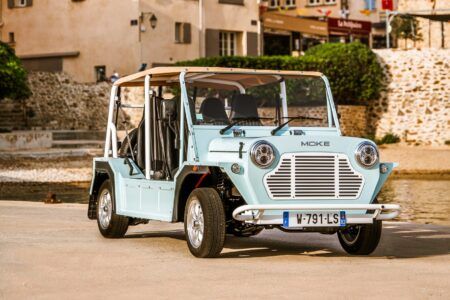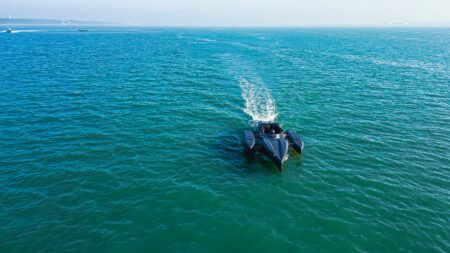The world’s first fleet of double-decker hydrogen buses has officially been launched into service in Aberdeen, Scotland.
Built by UK firm Wrightbus, the new 60-seat double-deckers save one kilogram of CO2 with each kilometer they drive as the zero-emission fleet emits nothing more than water. The buses will also tackle more than just air pollution, as they are virtually silent when they run.
While prototype hydrogen buses have been designed and used previously, these double-deckers are the first of their kind to go into operation and welcome customers on board.
Run by First Bus – one of Scotland’s largest bus operators – in a project led by Aberdeen City Council, the hydrogen buses represent a major step forward in reducing climate change in cities across the world.
Furthermore, plans are in place for Aberdeen to make its own hydrogen to power the buses, making it an even greener energy source for the local community.
“Everyone at Wrightbus is incredibly proud to see the world’s-first hydrogen double-decker bus fleet in full service and carrying passengers around the streets of Aberdeen. It marks a pivotal moment in the city’s commitment to reaching net-zero,” said Wrightbus chairman, Jo Bamford.
“We will see further Wrightbus hydrogen buses in locations across the UK, with fleets due to launch in Birmingham and London later this year. It’s vital that other towns and cities sit up and take note of their example.
“Hydrogen has an important part to play in the decarbonization of transport and the reduction in CO2 levels that we need to reach to ensure a net-zero future.
Hydrogen will play a significant part in the future of the bus industry, as they offer an extremely efficient fuel solution, with great range. The cutting-edge buses also take less than 10 minutes to fully refuel.
The vehicles will be operated mainly on the Service 19 (Peterculter to Tillydrone) along with other services and is part-funded by the European Union’s JIVE project, which aims to aid the commercialization of hydrogen buses through joint procurement between cities. Cities that will follow Aberdeen’s footsteps include London and Birmingham, with Dundee and Brighton and Hove being lead partners in JIVE2.
The new £8.3million project has been funded by Aberdeen City Council, the Scottish Government, and the European Union (FCH JU), with an investment of about £500,000 per vehicle.
The UK’s first hydrogen production and bus refueling station was opened in Aberdeen in 2015 as part of a £19million green transport demonstration project. The Aberdeen City Council-led project tested the economic and environmental benefits of hydrogen transport technologies and aims to drive the development of hydrogen technologies.





